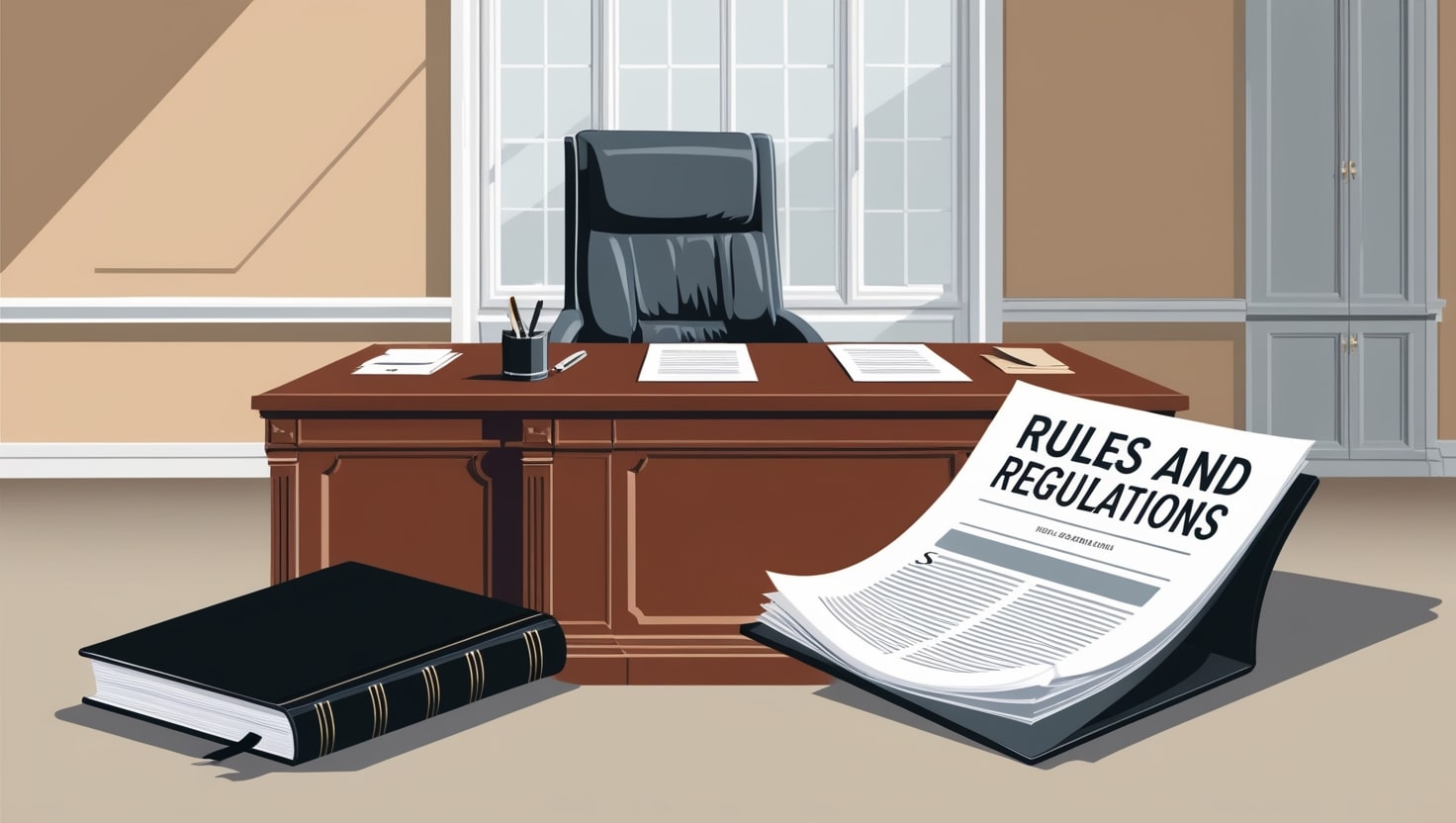Johannesburg, South Africa Airbnb Rules & Regulations
Last updated on: 4th July, 2025


Last updated on: 4th July, 2025

In Johannesburg, as in much of South Africa, there are currently no specific regulations governing short-term rentals like those offered on platforms such as Airbnb. This means that potential hosts are not prohibited from listing their properties; however, it is crucial to comply with general rental laws, such as the National Rental Housing Act, and any applicable local bylaws or rules set by homeowners' associations or body corporates.
Hosts should first verify if their property complies with relevant zoning regulations and the rules of their housing developments. Engaging with neighbors and informing them about the rental arrangements is also advisable to mitigate potential disruptions.
Tax obligations play a significant role for Airbnb hosts. Income generated through short-term rentals is taxable, and hosts should consult tax professionals for guidance on declaring this income accurately and understanding any applicable VAT requirements.
Furthermore, a recent initiative by the South African government aims to establish a voluntary national registration system for short-term rentals, collaborating with Airbnb to enhance regulatory oversight. This partnership is intended to protect hosts while addressing concerns related to property speculators who may negatively impact local communities.
As regulations continue to evolve, Johannesburg hosts are encouraged to stay informed about any updates that might affect their hosting responsibilities.